
Understanding APAs Under Indian Income Tax Law: Process, Types & Benefits
Government of India introduced Advance Pricing Agreement with a view to providing methodology of pricing tax payer's international transaction for future years. It is one form of agreement between taxpayer and tax authority.
The APA regime of India is a valuable tool to resolve TP disputes and provide tax certainty to cross-border transactions. The APA regime has succeeded in reducing the disputes by providing certainty and transparency in taxation since its adoption.
APAs gives certainty on taxpayers within the transfer pricing ambit by specifying pricing procedures.
An Advance Pricing Agreement (APA) assists in establishing the arm's length price for future cross-border transactions up to five years ahead. It also enables taxpayers to backdate the application of the agreement to the previous four years, providing tax certainty for a period of nine years.
Types of APA
- Unilateral APA: An agreement that resolves the appropriate transfer pricing treatment of intercompany transactions between the taxpayer and its foreign related entity is known as a unilateral APA. It is made between the taxpayer and the tax authority where the taxpayer is located.
- Bilateral APA: A bilateral APA is a four-party agreement between the taxpayer, tax authority in which taxpayer is located, foreign associate enterprise and the foreign tax authority of such foreign enterprise to settle the proper transfer pricing treatment of intercompany transactions between the taxpayer and its foreign affiliate.
- Multilateral APA: This is offered to tax payers who would prefer to reduce the likelihood of double taxation in both the India and the target foreign nation. The Authority collaborates with the foreign nation's tax authorities while negotiating and agreeing on the APA terms under a multilateral APA. Multilateral APA is a program by the taxpayer, the tax authority, and two or more tax administrations of countries in reaching consensus on proper transfer pricing treatment of intercompany transactions between the taxpayer and its related foreign counterpart. A multilateral APA is appropriate for taxpayers with cross-border transactions in more than one country and desire to reduce the risk of double taxation in all of the countries. In a multilateral APA, the tax department works in coordination with cross border tax authorities in order to reach at consensus as to how the transactions will be taxed.
Benefit of APA
APAs offers wide advantages to the taxpayer like:
- Certainty of Tax Treatment: An APA brings certainty regarding what Transfer Pricing Methodology (TPM) is to be adopted for transactions covered so that cross-border transactions get certain and uniform tax treatment.
- Double Tax Avoidance: Under bilateral or multilateral APAs, there is mutual understanding between the tax administrations of both countries to provide proper allocation and taxation of profits in both the countries.
- Audit Risk Minimized: By establishing the transfer pricing methods and conditions in advance, companies can minimize the risk of tax audits and adjustments to a great extent.
- Enhanced Compliance: An APA results in more stringent documentation and compliance with the collectively agreed transfer pricing policies.
- Global Consistency: APAs promote geographically consistent transfer pricing policies.
Who is eligible for an APA?
Any taxpayer seeking to initiate an APA must first make an application. In India, one must apply to the Director General of Income Tax (DGIT) of International Taxation. The same holds good for the applications for purposes of Bilateral APA and Multilateral APA, to be filed in advance of the Competent Authority in India. The same is then forwarded by the CA to the DGIT and comes into the hands of the respective APA teams of the DGIT.
In respect of BAPAs and MAPAs, tax authorities of respective nations negotiate the pricing agreement in respect of concerned nations according to the tax treaty of respective nations.
What are the forms of transactions which can be included under APA?
Any form of cross-border transaction can be included under an APA, i.e., transfer of intangible and tangible properties, cost sharing, receipt and rendering of services, etc. APAs are even available in the case of international transactions having permanent establishments. Moreover, even in the nature of APA schemes of foreign nations, Indian laws provide facility to seek selectively an APA by the taxpayer only for such specified international transactions. The rest of the international transactions would then be mandatory to be reported to the APA team by the taxpayer.
How to file an APA?
The taxpayer must first submit an application to the Director General of Income Tax (International Taxation) requesting a pre-filing discussion before submitting an APA. The DGIT(IT) assigns the case to one of the APA teams after receiving it; at the moment, there is only one such team in existence. The purpose of the pre-filing consultation is to allow both the applicant and the APA team to test the viability of submitting an APA issue.
The discussion of pre-filing consultation shall not be binding on either party. If applicant wishes to remain anonymous, the same is also allowed and to that extent information in the application may be omitted. But if taxpayer requests pre-filing anonymously, then the identity of the authorized representative must be disclosed in the request along with sufficient information about the business operation and international transaction so that any discussion can be effective. The consensus reached on various issues during the pre-filing consultations would be kept to a minimum in writing and a copy thereof would be given to the applicant.
The request for pre-filing consultation shall be in self-explanatory Form No. 3CEC.
If during pre-filing consultation it is determined whether or not to enter into APA is appropriate, then after pre-filing consultation, applicant may file the application for entering into APA in Form No. 3CED. Before filing such application, fee is also to be paid by applicant, to be computed as follows:
| Amount of international transaction | Details of Fee |
|---|---|
| Amount up to Rs. 100 Crores | 10 Lakhs |
| Amount up to Rs. 200 Crores | 15 Lakhs |
| Amount exceeding Rs. 200 Crores | 20 Lakhs |
For Unilateral Agreement
- The taxpayer must submit an application to the Director General of Income Tax (International Taxation) in the event of a unilateral agreement. For Bilateral or Multilateral agreement.
- The application is to be made to the competent authority in India in case of bilateral or multilateral agreement.
The taxpayer shall provide the below information in Advance Pricing Agreement:
- International transaction Details
- Type of APA applied
- Reason for not filing an application for bilateral APA or multilateral APA
- Transfer pricing method recommended
- Narrative functional analyses
- Consolidated financial report for five years
Note: The application must file on or before the first day of the immediately preceding year suitable for the first assessment year in respect of continuing nature of the transactions which already are being executed in transactions. The application must file on or before making international transaction in respect of continuing transactions.
Once the APA authority reviews the application, they may ask the taxpayer for additional documents or information. They might also visit the taxpayer’s business premises, if needed. The APA team then conducts an enquiry and prepares a report. Based on this, a proposed draft agreement is prepared jointly by the DGIT (International Taxation) for unilateral cases, or by India’s Competent Authority for bilateral or multilateral cases, along with the taxpayer.
Cancellation of Advance Pricing Agreement
The Advance Pricing Agreement may be cancelled under the following:
- Non-compliance with APA terms
- Not submitting annual compliance report
- Material error in an annual compliance report
- Not agreeing to terms of the new Advance Pricing Agreement
- Material effect cannot be shifted to rollback provision of an APA due to applicant's failure
Conclusion
The APA regime has improved India's transfer pricing regime significantly, increasing certainty and lowering legal disputes. Nevertheless, to achieve maximum gains through harvesting the most, the regime needs to overcome existing limitations, e.g., poor take-up of unilateral APAs. By implementing changes to improve efficiency, transparency, and fairness, India can position itself more favourably for tax stability-seeking multinational companies. Having the APA regime consolidated in such a way will not only control disputes but also provide a favourable climate for global trade and investment.
Read Also - Advance Pricing Agreement
Recent Posts
-
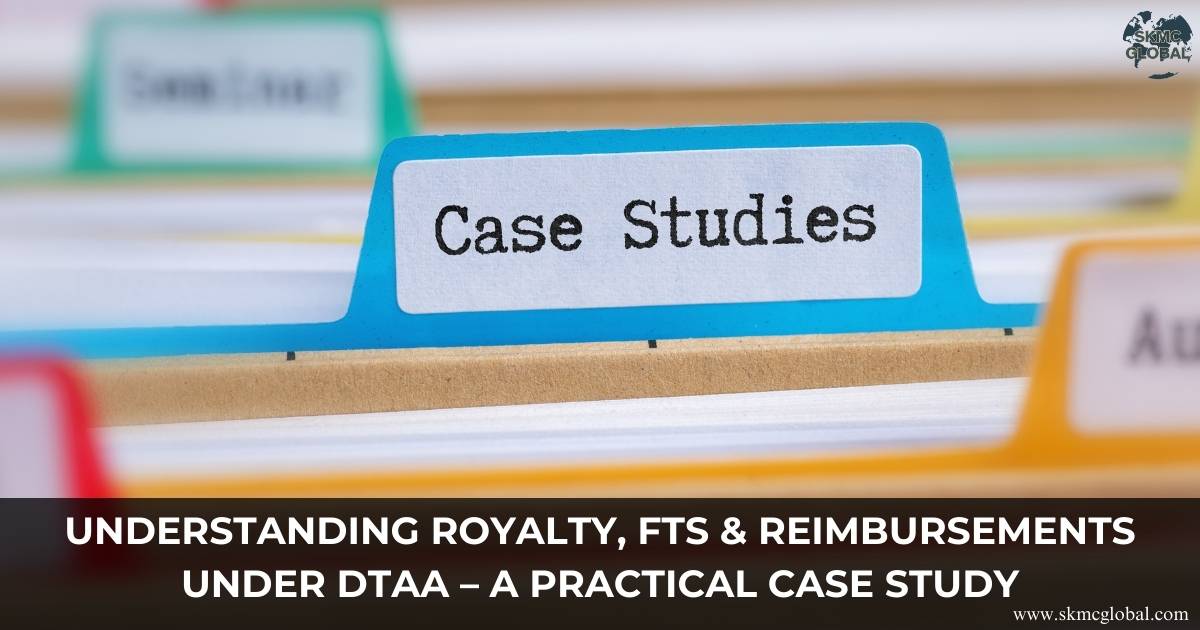 Understanding Royalty, FTS & Reimbursements under ...
Feb 10,2026
Understanding Royalty, FTS & Reimbursements under ...
Feb 10,2026
-
 ITAT Hyderabad Ruling in Nippon Koei Co. Ltd: Key ...
Feb 07,2026
ITAT Hyderabad Ruling in Nippon Koei Co. Ltd: Key ...
Feb 07,2026
-
 Supreme Court’s Tiger Global–Flipkart Tax Ruli...
Feb 06,2026
Supreme Court’s Tiger Global–Flipkart Tax Ruli...
Feb 06,2026
-
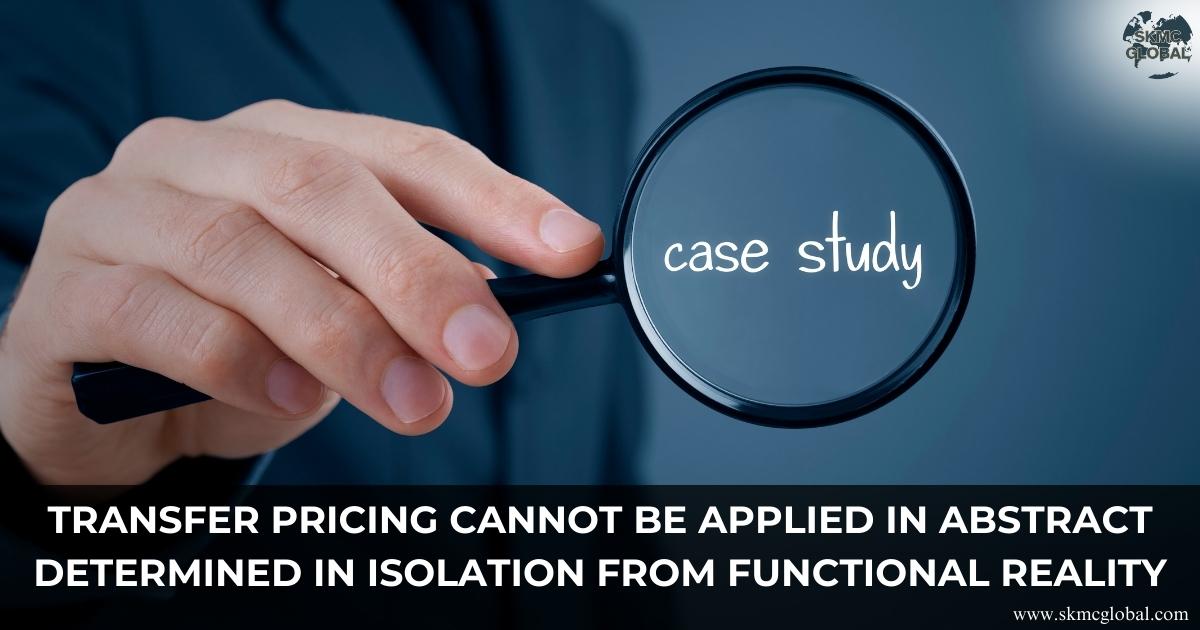 Transfer Pricing Cannot Be Applied in Abstract Det...
Feb 04,2026
Transfer Pricing Cannot Be Applied in Abstract Det...
Feb 04,2026
-
 Ruling on Corporate Guarantee & SBLC: Major Relief...
Jan 19,2026
Ruling on Corporate Guarantee & SBLC: Major Relief...
Jan 19,2026
-
 Functional Profile is utmost important for Transfe...
Jan 16,2026
Functional Profile is utmost important for Transfe...
Jan 16,2026
-
 Whether ESOP and regulatory charges to be treated ...
Jan 12,2026
Whether ESOP and regulatory charges to be treated ...
Jan 12,2026
-
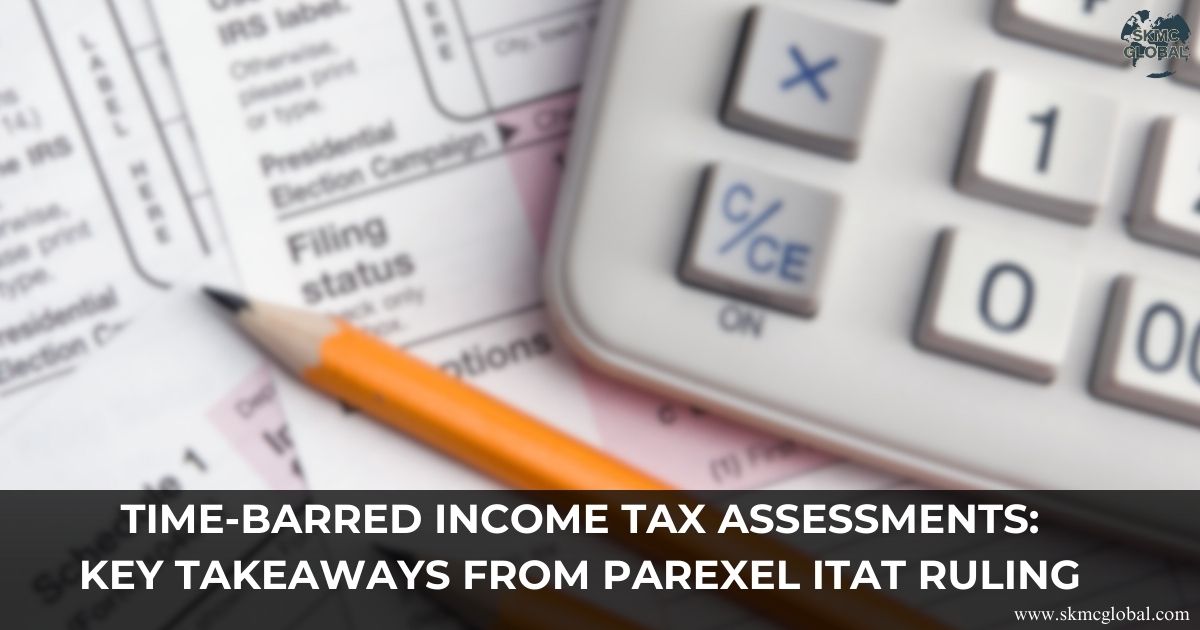 Time-Barred Income Tax Assessments: Key Takeaways ...
Jan 09,2026
Time-Barred Income Tax Assessments: Key Takeaways ...
Jan 09,2026
-
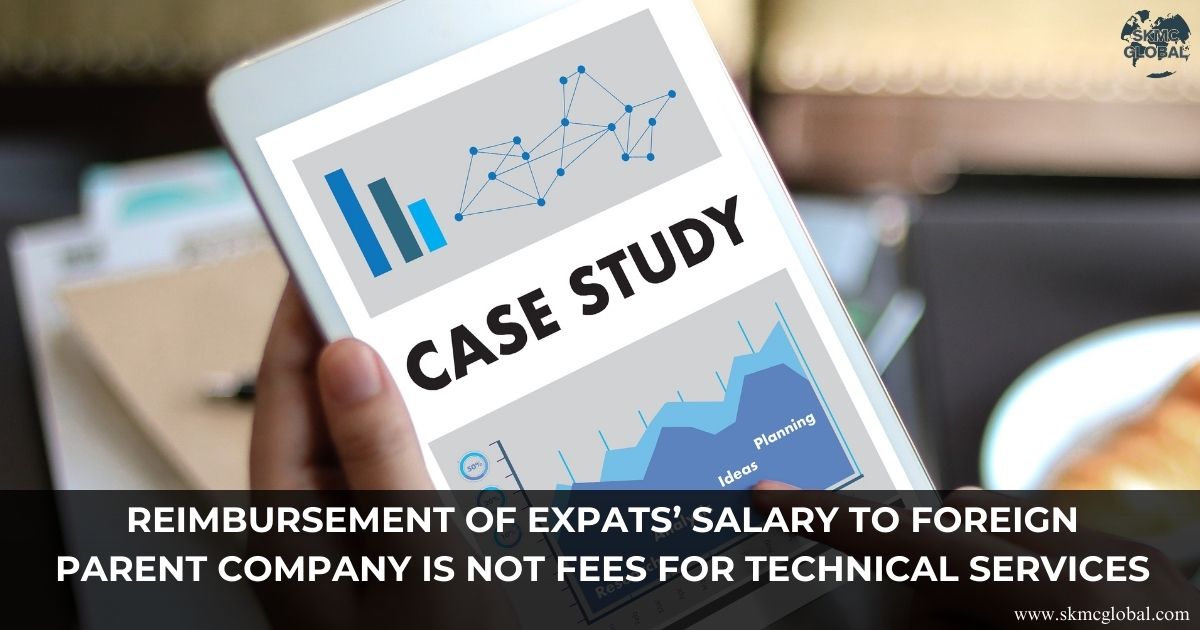 Reimbursement of Expats Salary to Foreign Parent C...
Jan 08,2026
Reimbursement of Expats Salary to Foreign Parent C...
Jan 08,2026
-
 GSTR-9C: The Reconciliation Statement for Larger B...
Nov 25,2025
GSTR-9C: The Reconciliation Statement for Larger B...
Nov 25,2025
-
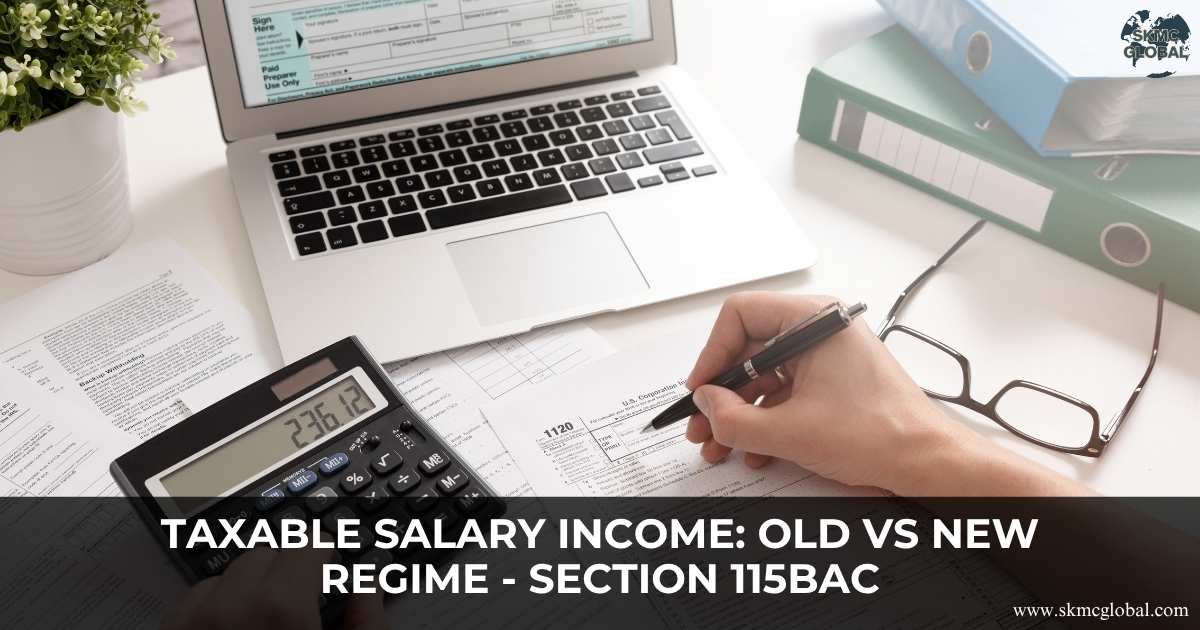 Taxable Salary Income: Old vs New Regime - Section...
Nov 13,2025
Taxable Salary Income: Old vs New Regime - Section...
Nov 13,2025
-
 Understanding Foreign Dividend Income Taxation...
Oct 21,2025
Understanding Foreign Dividend Income Taxation...
Oct 21,2025
-
 A Guide on Income Tax Scrutiny Assessments...
Oct 17,2025
A Guide on Income Tax Scrutiny Assessments...
Oct 17,2025
-
 Claiming Tax Credits under Double Taxation Avoidan...
Aug 28,2025
Claiming Tax Credits under Double Taxation Avoidan...
Aug 28,2025
-
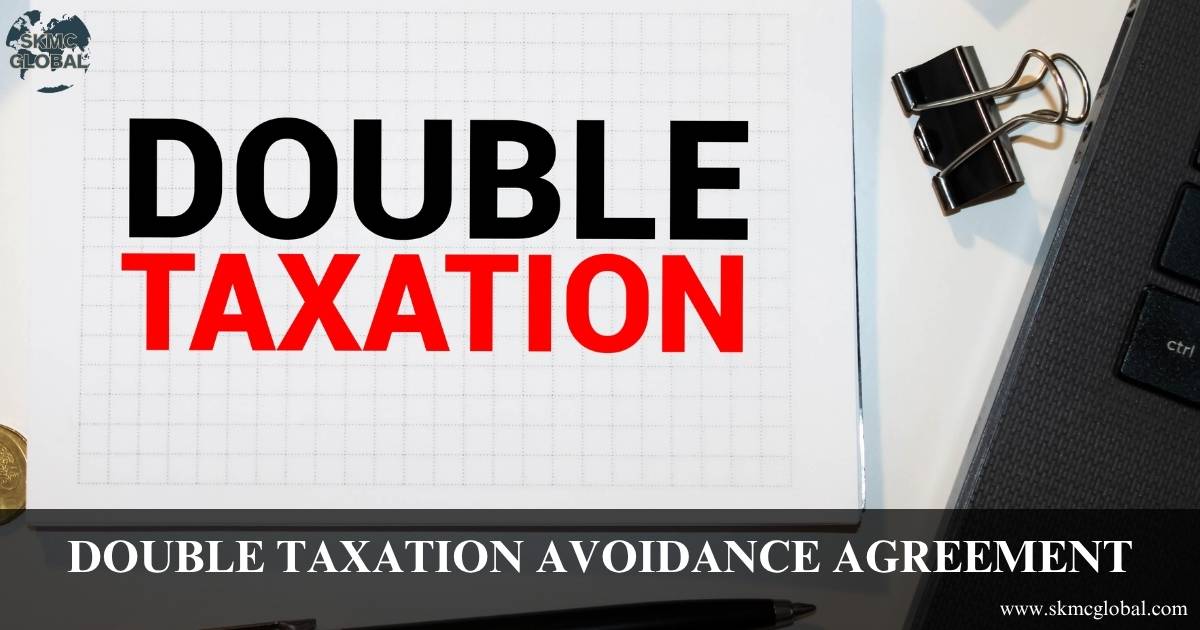 Relevance of Double Taxation Avoidance Agreement f...
Jul 19,2025
Relevance of Double Taxation Avoidance Agreement f...
Jul 19,2025
-
 Understanding APAs Under Indian Income Tax Law: Pr...
Jun 23,2025
Understanding APAs Under Indian Income Tax Law: Pr...
Jun 23,2025
-
 A guide to permanent establishment risks for globa...
May 16,2025
A guide to permanent establishment risks for globa...
May 16,2025
-
 E- Commerce-Challenging Transactions Without Borde...
Mar 20,2025
E- Commerce-Challenging Transactions Without Borde...
Mar 20,2025
-
 Form 10F...
Mar 04,2025
Form 10F...
Mar 04,2025
-
 THE NEW INCOME TAX BILL, 2025...
Feb 24,2025
THE NEW INCOME TAX BILL, 2025...
Feb 24,2025
-
 TDS Amendments...
Feb 14,2025
TDS Amendments...
Feb 14,2025
-
 What is an Income Tax Clearance Certificate (ITCC)...
Oct 02,2024
What is an Income Tax Clearance Certificate (ITCC)...
Oct 02,2024
-
 Introduction to Cross-Border Taxation...
Apr 13,2022
Introduction to Cross-Border Taxation...
Apr 13,2022
-
 The Importance of Transfer Pricing for Multination...
Mar 16,2022
The Importance of Transfer Pricing for Multination...
Mar 16,2022
